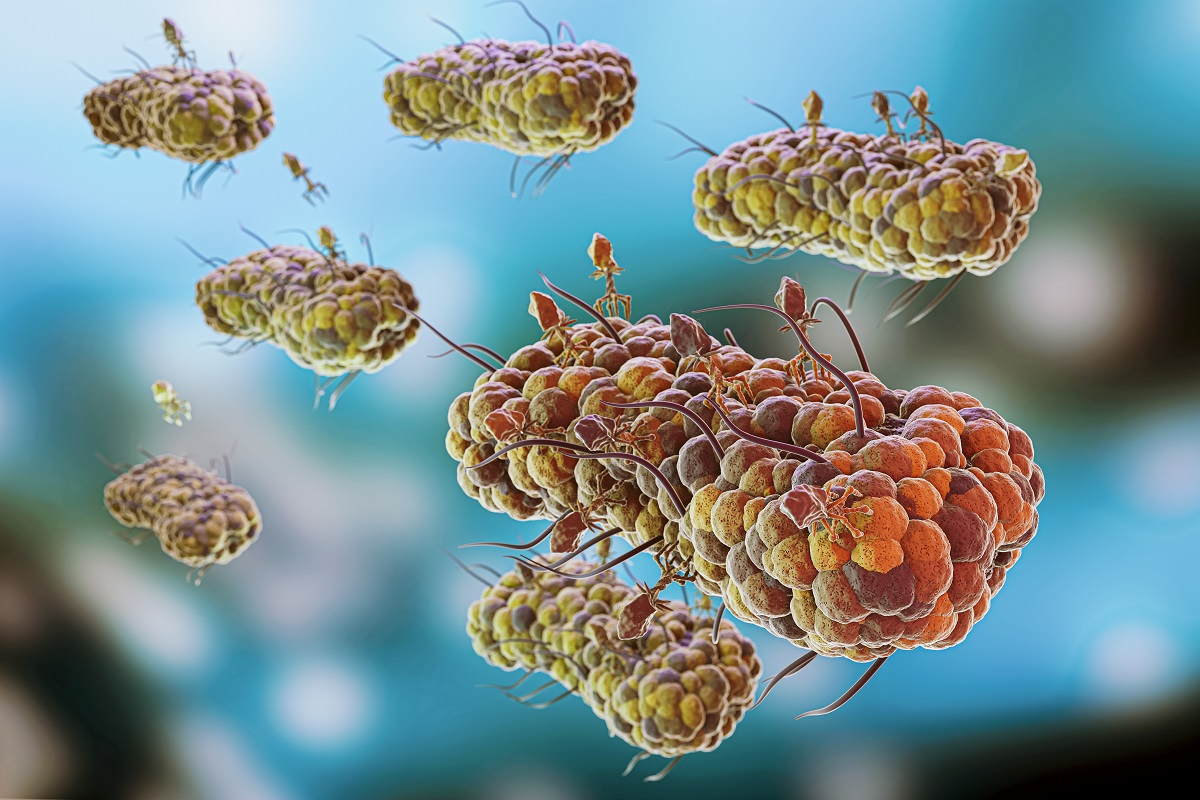KEY TAKEAWAYS
- The study aimed to investigate the role of protein-coding circRNAs in regulating the PI3K/AKT pathway in patients with ESCC.
- Researchers noticed that PDE5A-500aa, from circPDE5A, inhibits ESCC via PI3K/AKT by promoting PIK3IP1 de-ubiquitination, a promising therapeutic target.
Esophageal squamous cell carcinoma (ESCC) is a prevalent gastrointestinal malignancy posing a significant global health burden. The PI3K/AKT signaling pathway is pivotal in ESCC pathogenesis, yet the intricate involvement of circular RNAs (circRNAs) in modulating this pathway remains elusive.
Kai Lei and the team aimed to assess the dynamic interplay between protein-coding circRNAs and the PI3K/AKT pathway in ESCC progression.
They performed an inclusive analysis to identify differentially expressed circRNAs in ESCC tissues compared to adjacent normal tissues, utilizing circRNA microarray analysis. Subsequently, LC-MS/MS was employed to identify the circPDE5A-encoded novel protein, PDE5A-500aa.
Molecular biological methods were then utilized to explore the biological functions and regulatory mechanisms of circPDE5A and PDE5A-500aa in ESCC. Lastly, circRNA-loaded nanoplatforms were constructed to investigate the therapeutic translation value of circPDE5A.
They found that circPDE5A expression was down-regulated in both ESCC cells and tissues, correlating negatively with advanced clinicopathological stages and worse prognosis in ESCC. Functionally, circPDE5A inhibited ESCC proliferation and metastasis both in vitro and in vivo through encoding PDE5A-500aa, a key regulator of the PI3K/AKT pathway in ESCC.
Mechanistically, PDE5A-500aa interacted with PIK3IP1 and facilitated USP14-mediated de-ubiquitination of the k48-linked polyubiquitin chain at its K198 residue, thereby dampening the PI3K/AKT pathway in ESCC. Furthermore, Meo-PEG-S-S-PLGA-based reduction-responsive nanoplatforms loaded with circPDE5A and PDE5A-500aa plasmids exhibited successful inhibition of ESCC growth and metastasis in both in vitro and in vivo models.
The study concluded that the novel protein PDE5A-500aa, encoded by circPDE5A, functions as an inhibitor of the PI3K/AKT signaling pathway, thereby impeding the progression of ESCC. Its mechanism involves promoting USP14-mediated de-ubiquitination of PIK3IP1. This finding suggests that PDE5A-500aa is a promising target for the development of therapeutic agents.
This study was sponsored by the National Natural Science Foundation of China and the Guangzhou Science and Technology Project.
Source: https://pubmed.ncbi.nlm.nih.gov/38658954/
Lei K, Liang R, Liang J, et al. (2024). “CircPDE5A-encoded novel regulator of the PI3K/AKT pathway inhibits esophageal squamous cell carcinoma progression by promoting USP14-mediated de-ubiquitination of PIK3IP1.” J Exp Clin Cancer Res. 2024 Apr 24;43(1):124. doi: 10.1186/s13046-024-03054-3. PMID: 38658954; PMCID: PMC11040784.



